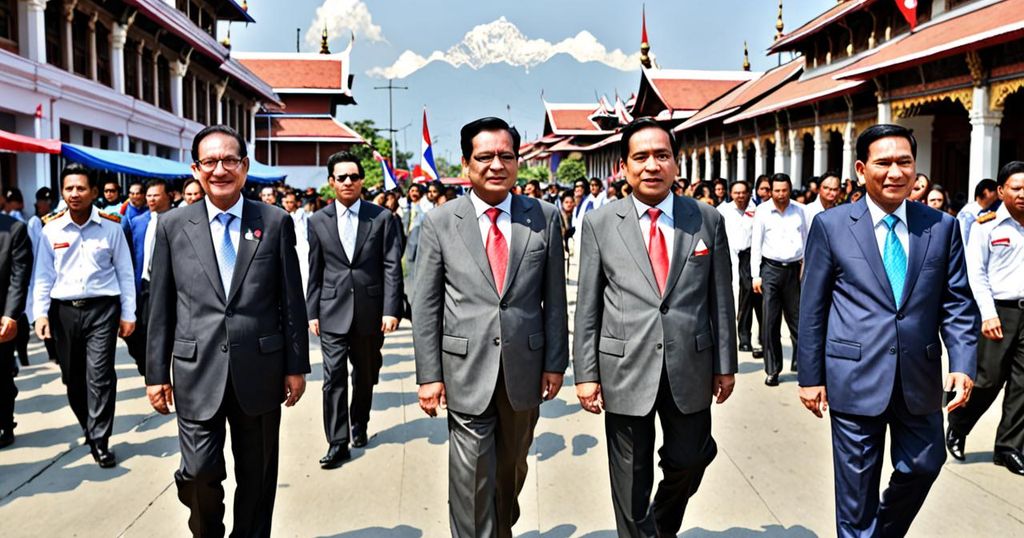In a recent study, researchers conducted an in-depth examination of the overlooked effects of urban planning on marginalized communities in Nepal and Thailand. The particular focus of the study was on participatory planning and its political implications for these groups.
The twenty-first century has witnessed a proliferation of informal settlements within urban areas, leading to the adoption of participatory planning as a strategy to address this informality. However, the study uncovered the potential for this approach to perpetuate existing exclusions and divisions, rather than dismantle them. It is imperative to acknowledge the power dynamics inherent in these participatory processes in order to gain a deeper understanding of the political experiences of marginalized groups, such as informal settlers. The conflicts that arise during participatory planning reflect a broader struggle for equality and political rights for these groups.
The researchers conducted comprehensive case studies on the Kirtipur housing project in Kathmandu, Nepal, and the Baan Mankong housing project in Khon Kaen, Thailand to comprehend how informal settlers are both influenced by and influential in participatory planning processes. They sought to address two fundamental questions:
Through their analysis, the researchers applied theoretical perspectives of political capability, post-foundational politics, and knowledge infrastructures. Their findings underscored the potential of participatory planning to empower marginalized groups, while also highlighting that they gain more political capability when the state and its institutions are not directly involved.
The study illuminates the intricate and often conflicting dynamics between urban planning processes and marginalized communities in Nepal and Thailand. It emphasizes the necessity for a more nuanced understanding of participatory planning and its impact on these groups, while also highlighting the potential for greater empowerment when these communities are distanced from state institutions.
In conclusion, the research provides valuable insights into the complex relationship between urban planning and marginalized communities, underlining the need for more inclusive and empowering participatory processes. By considering the political capability of these groups and acknowledging the power dynamics inherent in participatory planning, more effective and equitable urban development initiatives can be pursued.

Leave a Reply